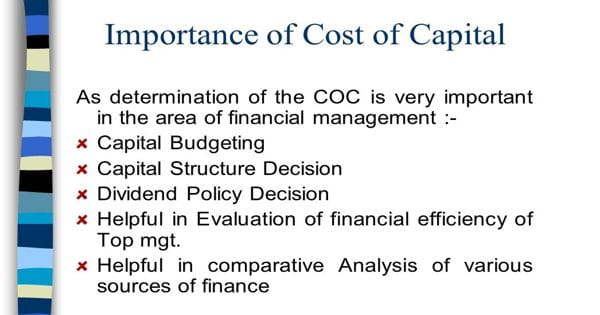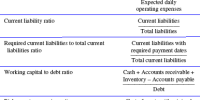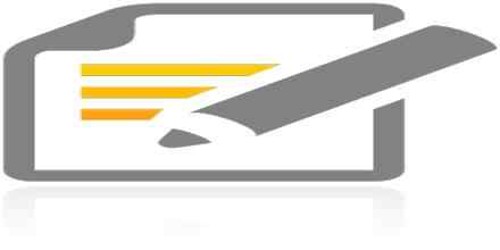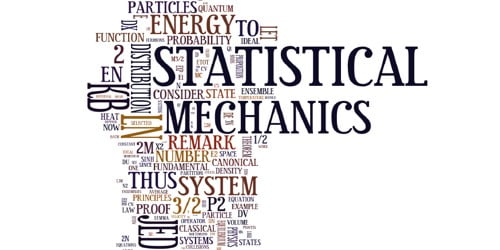Equity share capital remains permanently with the company. It is returned only when the company is wound up. Equity capital is paid after meeting all other claims including that of preference shareholders. Although equity does not require interest payments, it typically has a greater overall cost than debt capital. They take risks both regarding dividends and return of capital. Stockholders shoulder more risk from their perspective compared to creditors because they are last in line to get paid if the company goes bankrupt.
Demerits of Equity Shares Capital
- The enterprise cannot take either the credit or an advantage if trading on equity when only equity shares are issued.
- Investors who prefer steady income may not prefer equity shares.
- There is a risk, or a liability overcapitalization as equity capital cannot be reclaimed.
- The cost of equity shares is higher than the cost of raising funds through other sources.
- The management can face hindrances by the equity shareholders by guidance and systematizing themselves.
- The issue of additional equity shares dilutes the voting power and earnings of existing equity shareholders.
- When the firm earns more profits, then, higher dividends have to be paid which leads to raising in the value of the shares in the marketplace and its edges to speculation as well.
- Many formalities and procedural delays are involved and they are time-consuming processes
- During prosperous periods higher dividends have to be paid leading to increase in the value of shares in the market and it leads to speculation.
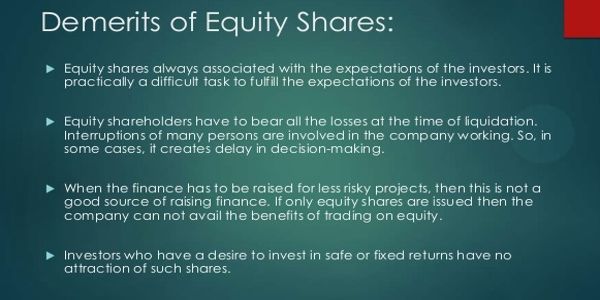
Disadvantages from the Shareholders’ Point of View:
(a) Equity shareholders get dividend only if there remains any profit after paying debenture interest, tax and preference dividend. Thus, getting dividend on equity shares is uncertain every year.
(b) Equity shareholders are scattered and unorganized, and hence they are unable to exercise any effective control over the affairs of the company.
(c) Equity shareholders bear the highest degree of risk of the company.
Disadvantage from the Company’s Point of View:
(a) Cost of equity is the highest among all the sources of finance.
(b) Payment of dividend on equity shares is not tax deductible expenditure.
(c) As compared to other sources of finance, issue of equity shares involves higher floatation expenses of brokerage, underwriting commission, etc.


